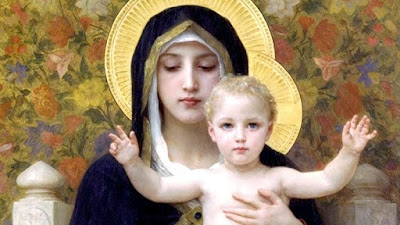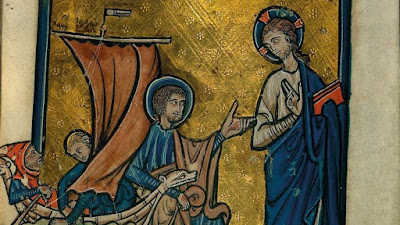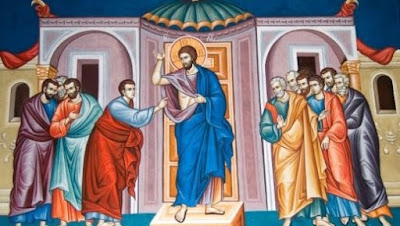Homily for the 5th Sunday of Easter, May 19, 2019, Year C

Fr. Charles Irvin Senior Priest Diocese of Lansing ( Click here for today’s readings ) There are times when we tell ourselves that nothing’s new, that human nature doesn’t change, and that history simply repeats itself. The Old Testament Book of Ecclesiastes tells us: What has been, that will be; what has been done, that will be done. Nothing is new under the sun . [Ecclesiastes 1:9] Yet we also find ourselves seeking what is new. We greet each other with the question “What’s new?” We watch TV news, read newspapers, pay attention advertisements, and look for new models of things we already have. Advertisements are loaded with words telling us of new products, or “new and improved” products that we can’t live without. The world of computers is filled with new gadgets, new programs, new downloads, and so forth. We seem to be obsessed with what’s new. Jesus used the word “new” many, many times in His discourses and teachings, all the time trying to get us to see the new crea


